Or maybe not. As we enter the second month of the Trump era (it only seems like a year), it's beginning to look like the president is polishing his act, smoothing the edges and silencing some of the loudest critics on his left.
He continues to rely on his generals, and most of them are good. Retired Lt. Gen. H.R. McMaster, his new national security adviser, has a reputation for putting substance in the cliche of speaking truth to power. He seems so far unafraid to tell it like it is. He came to national attention with a book, "Dereliction of Duty," a seething critique of the Joint Chiefs of Staff who wouldn't speak truth to President Lyndon B. Johnson during the Vietnam War. And he continued with a critique of the prosecution of another war, this one of President George W. Bush in Iraq. The scholar-warrior with a doctorate in military history looks like the dashing cavalry officer from central casting. Sen. John McCain, who never passes up an opportunity to criticize the Donald, praises the appointment of McMaster.
Defense Secretary James Mattis, whose Marines called him "Mad Dog Mattis," bats a convincing cleanup for his new boss. As Marine general, he coined aphorisms that the Donald might envy ("Be polite, be professional, but have a plan to kill everybody you meet," he said.), and he skillfully resolves some of the contradictory things the president says. He went to Europe to reassure the allies that the American commitment to NATO is as strong as ever and then dropped by Baghdad to calm those who took at face value Trump's remark that the Americans should have kept Iraq's oil after the American-led liberation from Saddam Hussein.
Recommended
"All of us in America have generally paid for our gas and oil all along and I'm sure that we will continue to do so in the future," he told them. "We're not in Iraq to seize anybody's oil." He showed a bit of muscle when he told Iraqi Prime Minister Haider al-Abadi that the Islamic State group is "going to be shown to be who they are, which is a bunch of murderous relics."
Vice President Mike Pence continues the tradition of working vice presidents who defy former Vice President John Nance Garner's denigration of the office as "not worth a bucket of warm spit." After Trump upset Europe by suggesting that NATO doesn't have his full support, Pence went to Brussels to reassure Donald Tusk, president of The European Council. Tusk later said he was assured of Trump's commitment to "the closest possible trans-Atlantic cooperation."
The vice president's style of smooth and soothe sharply contrasts with Trump's roughshod bluntness. Pence visited the former World War II Dachau Nazi concentration camp this week with his family, reassuring Jews who were offended that the president did not say anything on International Holocaust Memorial Day about the 6 million murdered Jews, and who were offended again by his perceived insensitivity toward anti-Semitism when he spoke sharply to a reporter from a Jewish publication when he asked about increasing attacks on Jewish centers in America. Trump finally got the message and spoke out eloquently on the evil of anti-Semitism this week.
The president has a sure voice in Nikki Haley, his ambassador to the United Nations, whom The New York Sun describes as "Haley's Comet." She was first dismissed by the president's abundant critics as someone who, as governor of South Carolina, has no experience in international affairs. But it didn't take her long to figure out what was wrong at the U.N. Security Council. Instead of talking about Hezbollah's illegal rockets and the weapons Iran provides to terrorists, or holding Syrian President Bashar Assad accountable for his slaughter of innocents in Syria, the council focuses on criticism of Israel, the only democracy in the Middle East. "The United States," Ambassador Haley says, "will not turn a blind eye to this anymore."
The press cultivates hostility toward Trump in his own voice, but the hostility is a bit restrained in coverage of surrogates who are more precise and persuasive on his behalf. His style may derive from his experience in making business deals -- first overstating what he says he wants and then compromising to what he had in mind all along. It's certainly different. American negotiators often begin by asking the other side what it wants and then trying to find a way to give it. The world will get used to it, particularly when he appoints men and women good and true to speak that truth to power great and small.

















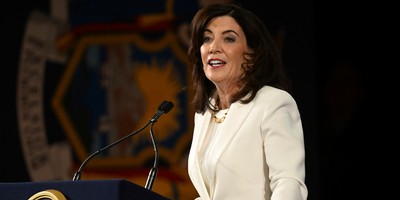


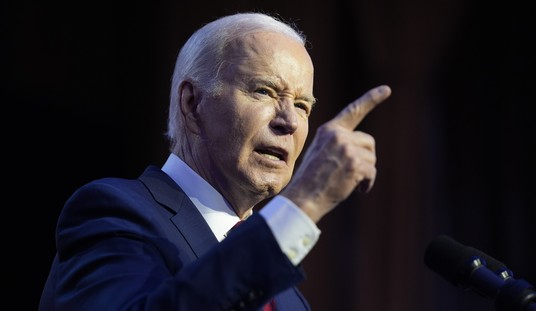
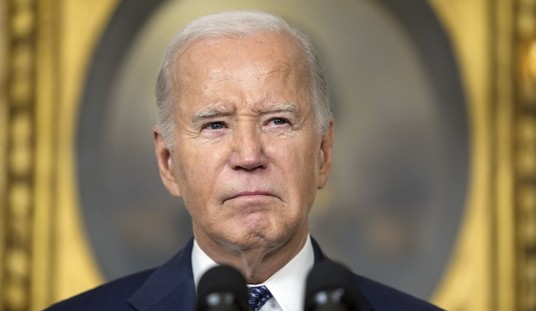
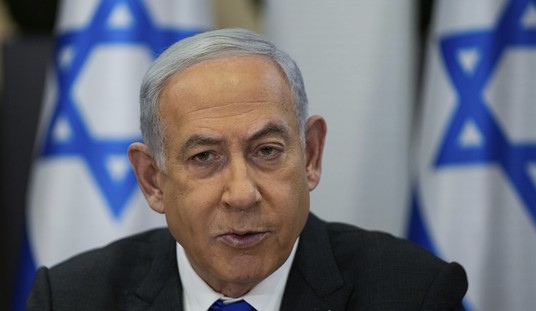
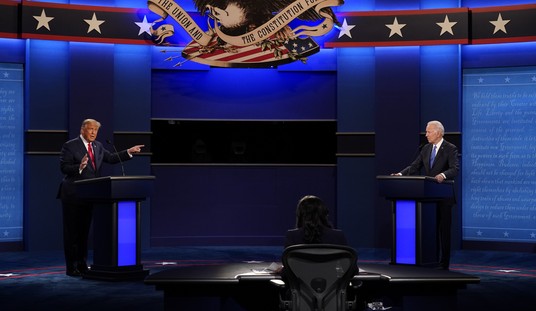
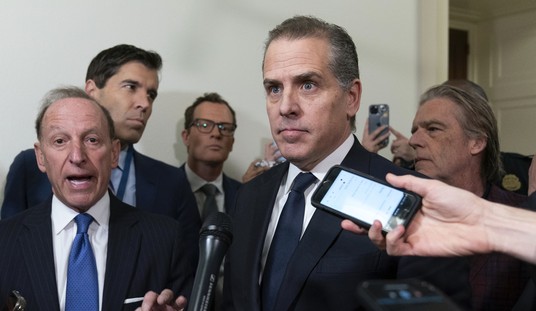
Join the conversation as a VIP Member